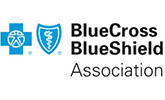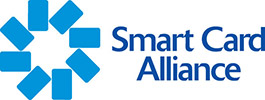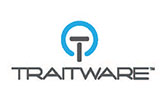Some big surprises from a recent security study.
The Fifth Annual Benchmark Study on Privacy & Security of Healthcare Data by Ponemon Institute had more surprises than Forrest Gump’s box of chocolates – surprises that were far from palatable. One key finding was that criminal attacks are up 125 percent and are now the leading cause of healthcare data breaches. Other results of the study were just as unsettling:
- Surprise 1: Sixty-five percent of healthcare organizations do not offer any protection services for patients whose information has been lost or stolen.
- Surprise 2: The average cost of a healthcare data breach has stayed fairly consistent over the past five years.
- Surprise 3: Too many healthcare organizations take an ad-hoc approach to incident risk assessment.
According to the Ponemon Medical Identity Fraud Alliance study, 2014 Fifth Annual Study on Medical Identity Theft, medical identity theft nearly doubled in five years, from 1.4 million adult victims to over 2.3 million in 2014. Many medical identity theft victims report they have spent an average of almost $13,500 to restore their credit, reimburse their healthcare provider for fraudulent claims and correct inaccuracies in their health records. Healthcare organizations and business associates must make available medical identity monitoring and identity restoration services to patients whose healthcare records have been exposed.
On the other hand, the majority of people still don’t understand the serious risk of medical identity theft. They pay more attention to their credit score and financial information than they do their insurance EOBs or medical records. They don’t understand that while a credit card can be quickly and easily replaced, their medical identity can take years to be restored. When their records become polluted, patients can be misdiagnosed, mistreated, denied much needed medical services, or billed for services not rendered. Medical identity theft can literally kill you, as ID Experts CEO Bob Gregg has said.
Click here to read the full article.
June 4, 2015 by Rick Kam, Healthcare IT News



























